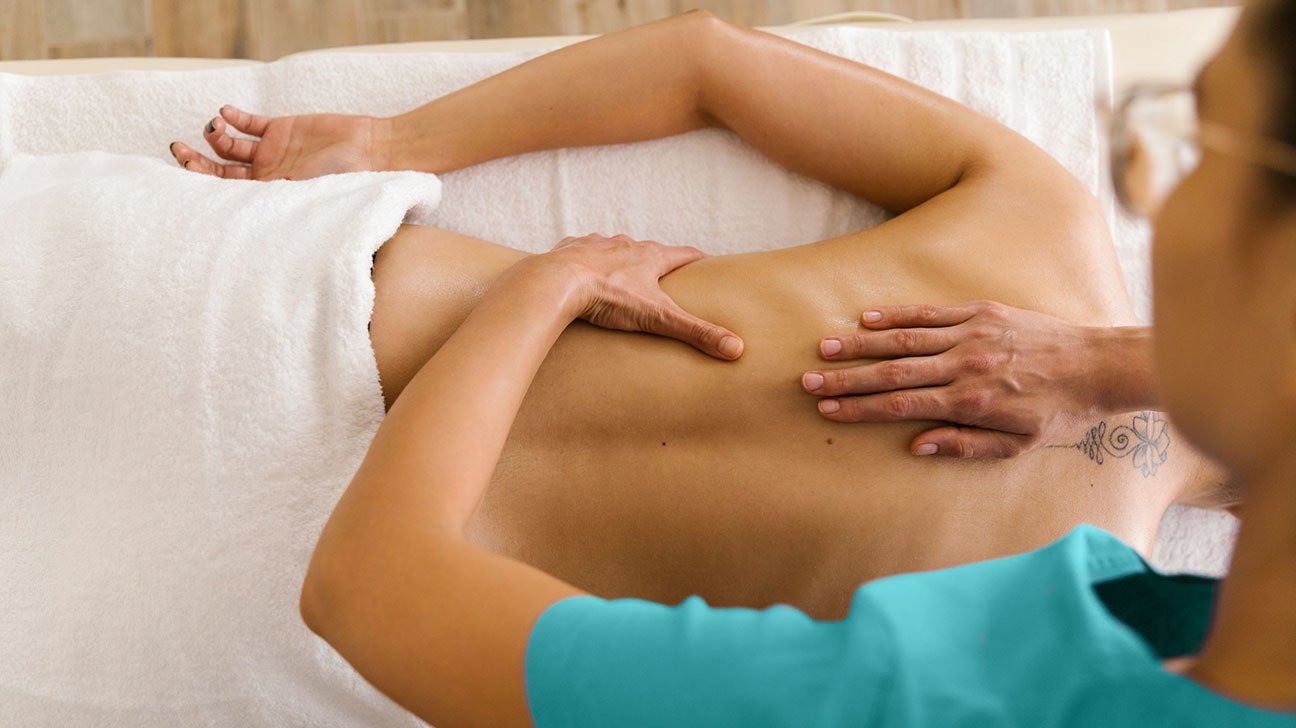
For many, massage may seem like an indulgence, a luxurious treat to enjoy when there’s time or money to spare. However, the benefits of massage go far beyond a simple moment of relaxation. In reality, massage therapy plays a crucial role in maintaining physical health, emotional well-being, and overall quality of life. Far from being just a luxury, regular massage can 오피스타 serve as an essential part of a holistic wellness routine, offering both preventative and therapeutic benefits. In this article, we explore why massage is far more than a pampering experience and how it is essential for well-being.
- Stress Reduction and Mental Health benefits
One of the most immediate and well-known benefits of massage is its ability to reduce stress. In today’s fast-paced world, chronic stress is a major contributor to a variety of physical and mental health problems, including anxiety, depression, and heart disease. When we experience stress, our bodies release high levels of cortisol, a hormone that, in excess, can have negative effects on our health. Massage helps to counteract this by lowering cortisol levels and stimulating the production of feel-good hormones, such as serotonin and dopamine. These changes help reduce feelings of anxiety, improve mood, and promote a sense of calm and relaxation. Regular massage therapy can be a powerful tool for managing stress, preventing burnout, and maintaining emotional balance. - Alleviating Chronic Pain and Tension
Massage is particularly effective for individuals dealing with chronic pain and muscle tension. Conditions like back pain, neck stiffness, migraines, and joint pain are common complaints, and traditional treatments may not always provide relief. Through techniques like kneading, tapping, and applying pressure, massage can help reduce muscle tension, improve circulation, and break down adhesions or “knots” in the muscles. This release of tension can provide immediate relief from discomfort and help prevent pain from returning. For people with chronic pain conditions such as fibromyalgia, arthritis, or sciatica, regular massage can significantly improve mobility and quality of life, often complementing other medical treatments. - Boosting Circulation and Immunity
Another important health benefit of massage is its positive impact on circulation. As a therapist works their hands over your muscles and soft tissues, blood flow increases, helping oxygen and vital nutrients reach your cells more efficiently. Improved circulation not only helps muscles recover after physical activity or injury, but it also promotes better overall health by supporting the cardiovascular system and encouraging lymphatic drainage. Enhanced lymph flow boosts the immune system, aiding in the removal of toxins and waste from the body. Regular massage can help strengthen the body’s defense mechanisms, reducing the likelihood of illness and promoting faster recovery when you do become sick or injured. - Enhancing Flexibility and Mobility
Maintaining flexibility and joint mobility is essential for overall health, particularly as we age. Limited range of motion or stiff muscles can make everyday activities more difficult and painful, whether it’s bending down to tie your shoes or lifting groceries. Massage helps improve flexibility by lengthening the muscles and relaxing the connective tissues that can become tight over time. This can be especially beneficial for athletes, fitness enthusiasts, or anyone who engages in repetitive movements. Additionally, massage helps to increase synovial fluid in the joints, which is essential for lubricating and nourishing them, further enhancing joint mobility. For older adults, regular massage therapy can slow down the degenerative effects of aging and help maintain a greater sense of independence. - Promoting Better Sleep and Relaxation
Sleep disturbances are a common issue, affecting millions of people worldwide. Lack of quality sleep can lead to increased stress, irritability, and even serious health problems, such as heart disease and diabetes. Massage therapy can help promote better sleep by relaxing the nervous system and lowering cortisol levels. By stimulating the production of melatonin, a hormone that regulates sleep cycles, massage helps the body enter a relaxed state that makes it easier to fall asleep and stay asleep. People who receive regular massages often report improved sleep quality and a reduction in insomnia symptoms. This is particularly beneficial for individuals suffering from stress-related sleep disturbances or those recovering from illness or surgery. - Supporting Emotional and Mental Clarity
Massage therapy not only works wonders for the body but also nurtures the mind. By promoting relaxation, reducing stress, and improving circulation, massage creates a sense of overall well-being that can help clear mental fog and increase focus. Many people find that after a massage, they feel more mentally sharp and emotionally balanced, allowing them to tackle daily challenges with a clearer mindset. This is particularly important for those who experience mental fatigue, burnout, or overwhelming emotions due to work or personal life pressures. Regular massage helps foster a deeper connection between the body and mind, encouraging self-care and emotional resilience.
Conclusion
Massage is far more than a mere luxury or an occasional treat. It is a powerful, scientifically backed tool for improving health and well-being. From reducing stress and alleviating pain to boosting circulation and promoting better sleep, massage offers an array of physical, emotional, and mental health benefits that contribute to a higher quality of life. By incorporating regular massage into your routine, you can experience these benefits and maintain a healthier, more balanced lifestyle. Whether you’re seeking relaxation, pain relief, or emotional support, massage is an essential practice that promotes healing, well-being, and lasting.